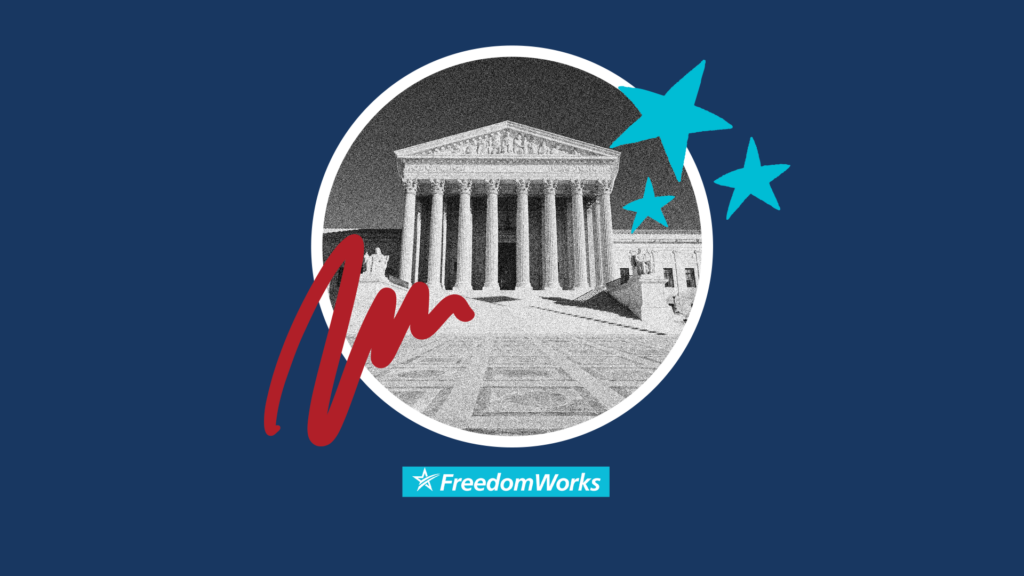UPDATE: FreedomWorks, Sen. Rand Paul NSA Lawsuit
On February 12, 2014 FreedomWorks and Rand Paul, under the legal counsel of Ken Cuccinelli, filed suit against Barack Obama & The NSA, claiming injury due to the warrantless collection of metadata of the cellphone records of Rand Paul and FreedomWorks members and employees. The case, 14-CV-262, was filed in the United States District Court for the District of Columbia.
On May 5, 2014, the Obama Administration filed a motion to dismiss, claiming that their collection of metadata was not a “search” under the Fourth Amendment, and claiming a “National Security Exception” to the Fourth Amendment.
Currently we are waiting on the DC District Court to schedule time for Oral Arguments. After Oral Arguments are heard sometime over the next few months, the court will rule on the motion to dismiss. Past precedent points towards the Judge rejecting the motion to dismiss and the case moving on T0 the discovery period.
During the discovery period, FreedomWorks can request documents and depositions from the NSA as evidence. The NSA will likely fight this by claiming exemptions for National Security, which will lengthen the timeline of the case.
After the discovery period ends and both sides have gathered evidence, final arguments will be heard and a Summary Judgment will be issued by the court.
Whoever loses the Summary Judgment ruling will certainly appeal the decision, and the case will move on to the United States Court of Appeals for the District of Columbia Circuit.
It will take roughly one year to move from the District Court to the Appellate Court. The Appellate Court review process will take roughly 8 months, and if we are successful the case will move on to the Supreme Court where a decision should take one year. Overall it could be 2-3 years until a final judgment is issued.
The Government’s case primarily rests on the 1979 Supreme Court decision Smith v. Maryland where the court found the warrantless installation of a “pen register,” a device installed at a telephone company’s central office that tracks numbers dialed, was constitutional. The Court found that there was no reasonable expectation of privacy when your data was voluntarily provided, by dialing your phone, to a third party vendor.
As technology has changed over the recent decades the Court’s thinking on this issue has evolved. In the recent Riley v. California ruling the Supreme Court unanimously upheld that though police officers have full authority to search your person and possessions during an arrest, they may not search the contents of your cell phone without a warrant. Riley v. California was a great win for civil liberties and provides strong precedent for our lawsuit.
In 2012, the Supreme Court reached a unanimous decision in United States v. Jones, ruling that police could not attach a tracking device to an automobile without a warrant. More significantly, a majority of the Justices offered the opinion that electronic tracking over a long period of time, measured in days, violates the “reasonable expectation of privacy” standard even without touching any of your property. Justice Sotomayor also wrote a separate opinion expressing her view that the court needed to reevaluate fourth amendment privacy in the digital age, where all manner of personal information is routinely passed on to third parties, yet still deserves some amount of constitutional protection. This is an extremely encouraging opinion with respect to our own suit.
It’s been almost 5 months since we filed this case. We have a long way to go, but we will not give up, and we’re confident we can win.




